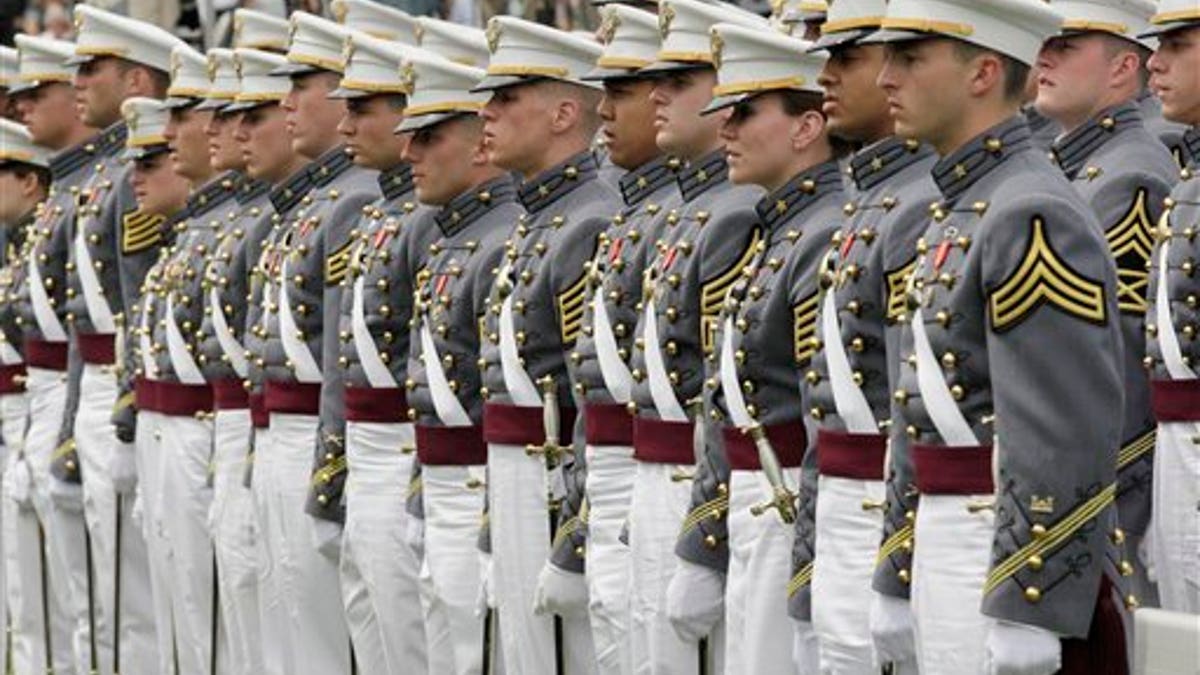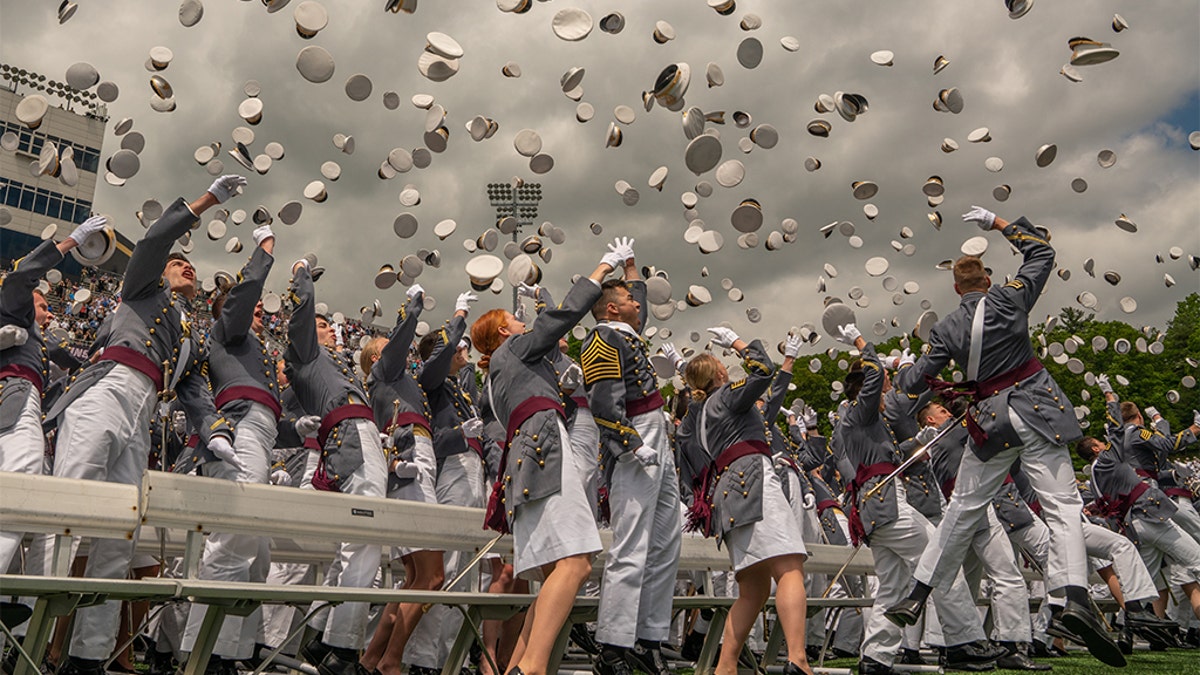Fox News Flash top headlines for August 30
Fox News Flash top headlines are here. Check out what's clicking on Foxnews.com.
A report to Congress urges the U.S. Army Academy at West Point and the U.S. Naval Academy at Annapolis to remove the names of Confederate leaders from landmarks and memorials at the schools, including famous alumni such as Confederate General Robert E. Lee.
"Lee's armies were responsible for the deaths of more United States soldiers than practically any other enemy in our nation's history," reads the final Naming Commission report, which was submitted to Congress Monday.
The Naming Commission, which Congress formed in March 2021, is tasked with developing a plan for the Secretary of Defense to "remove all names, symbols, displays, monuments, and paraphernalia that honor or commemorate the Confederate States of America or any person who served voluntarily with the Confederate States of America from all assets of the Department of Defense."
The Commission has spent the bulk of its duties on the renaming of military installations, such as Fort Bragg, North Carolina and Fort Lee, Virginia, that are named after leaders of the Confederacy, recommending that Fort Bragg be renamed Fort Liberty and Fort Lee be renamed Fort Gregg-Adams after Lt. Gen. Arthur J. Gregg and Lt. Col. Charity Adams.
PENTAGON MOVES FORWARD WITH RENAMING OF BASES HONORING CONFEDERATE LEADERS

West Point cadets in formation. (AP)
But the commission was not limited to the names of bases, making recommendations that units throughout the military change names or symbols tied to the Confederacy.
The military's famed academies have several monuments and buildings named after Confederate leaders, including a Naval Academy road named for Franklin Buchanan, a sailor who fought on the side of the Confederacy who the commission argues "killed hundreds of US Navy sailors."
Lee, perhaps the Confederacy's most famous leader and a graduate of West Point, is honored with a 20-foot portrait and has multiple buildings bearing his name, something the commission recommends scrapping.
The Naming Commission also recommends scrubbing West Point's Reconciliation Plaza, which was donated by the West Point class of 1961 to mark the 100-year anniversary of the start of the Civil War and the reconciliation between North and South following the war.

Graduating members of the U.S. Naval Academy celebrate at the end of the academy's graduation and commissioning ceremony. ((AP Photo/Will Newton))
US ARMY DIVISION TO KEEP PATCH REFERENCING THE CONFEDERATE ARMY
But the commission said that the academies spent decades resisting calls to honor Confederate leaders after the Civil War, pointing out that such honors have been a more recent development.
"After the war, antipathy towards Confederates ran long and deep. Although the Civil War ended in 1865, no Confederate leader was invited to West Point until 1898," the report to Congress reads. "For more than 60 years after the war's end and well into the 20th century, no Confederate monuments existed at the Military Academy. Attempts to establish them were consistently met with solid resistance."
The report also took aim at critics who have accused it of attempting to erase history, arguing that the changes will better "represent the best of our national ideals" to future generations of students.

West Point graduates toss their hats in the air at the conclusion of the U.S. Military Academy Class of 2019 graduation ceremony. ( Photo by David Dee Delgado/Getty Images)
CLICK HERE TO GET THE FOX NEWS APP
"The commissioners do not make these recommendations with any intention of 'erasing history.' The facts of the past remain and the commissioners are confident the history of the Civil War will continue to be taught at all service academies with all the quality and complex detail our national past deserves," the report said. "Rather, they make these recommendations to affirm West Point's long tradition of educating future generations of America's military leaders to represent the best of our national ideals."










































